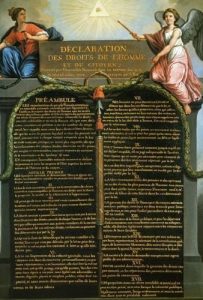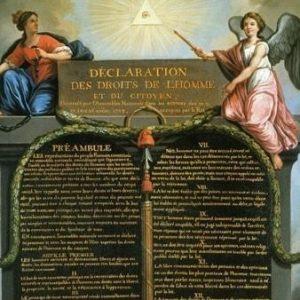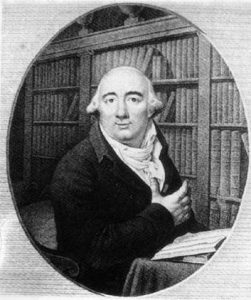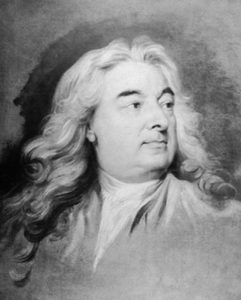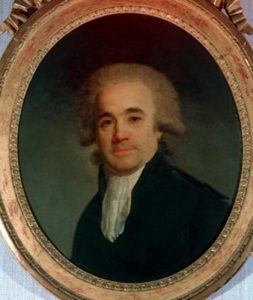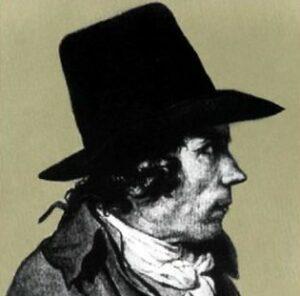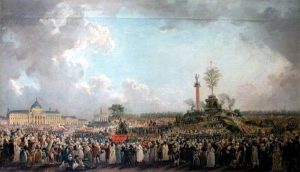They were given civil equality, freedom of conscience and freedom of worship.
The Declaration of Human and Civil rights on 26th August 1789, granted them freedom of conscience and the Constitution in 1791, freedom of worship.
During the Revolution years, the behaviour of the Protestants was not consistent. Individuals responded differently to the Revolution. Many Protestants took part in Revolution Meetings, but there was no “Protestant group”.
During the Reign of Terror, the Dechristianisation phenomenon – September 1793 to July 1794 – did not have a great effect on the Protestant community, even though worship was suspended almost everywhere. But it did mean most pastors temporarily stopped their activity. After Robespierre’s death, on 9 Thermidor year II (27th July 1794), churches were re-opened and freedom of worship proclaimed.
Furthermore, a number of Huguenots were to benefit from the Royal Edict of 15th December 1790, which awarded French nationality to any person exiled for religious reasons.

